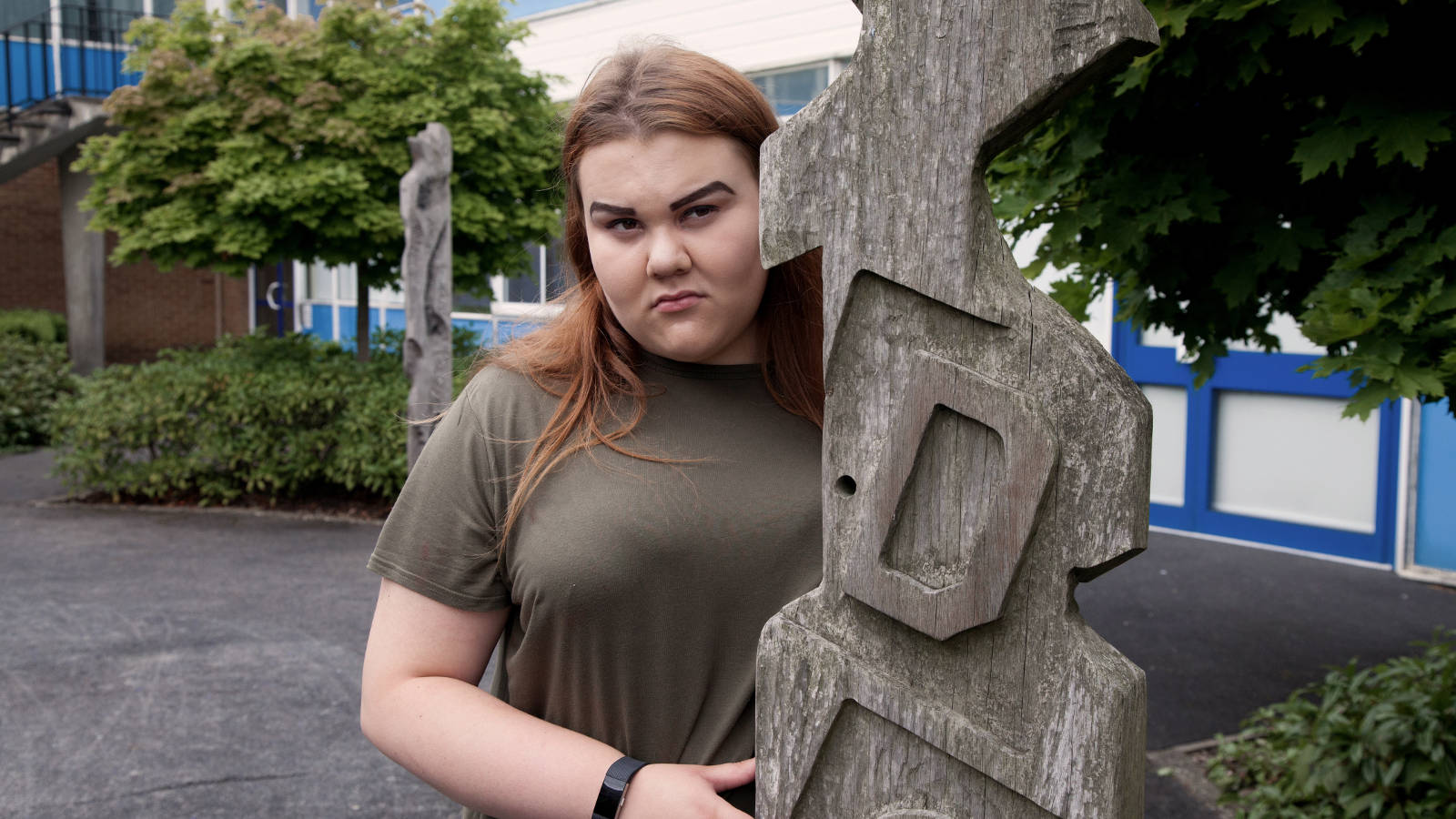It is completely normal to feel low or down sometimes, but when this lasts for more than a couple of weeks and stops someone from doing ordinary things extra support might be needed.
Depression affects different people in different ways. Symptoms can include:
- feeling sad or anxious most of the time
- not enjoying things that you used to enjoy
- tiredness or low energy, even when you have rested
- not eating much or overeating
- problems sleeping
- feelings of worthlessness
- feelings of guilt
- mood swings
- aches or pains that have no obvious cause
- not wanting to see people or go out
Depression can lead to other problems such as eating disorders, self-harm, drinking or taking drugs, and suicidal thoughts. So it’s really important to get help if you are affected in any of these ways.
It can seem hard to do things when feeling down, but going for a walk, talking to a friend, listening to music, or being creative can really help.
Negative thoughts often buzz around in our minds when we’re feeling low. These can be distressing, but it’s important to remember that thoughts are not facts, and it might be possible to see things more positively.
(You can find more information on self-care in the ‘Looking after yourself’ section of this website)
Schools employ a variety of people to look after your wellbeing. Some of the titles of these staff may vary in your school but you will be able to find out about them from a teacher. Most schools have a nurse who will either have a drop-in clinic or you can make an appointment to see them.
GP – you can make an appointment to visit your doctor or a nurse at the surgery to talk about any worries or concerns you have. Call your GP surgery to speak to the receptionist or go there in person. The receptionist will probably ask you who the appointment is for and why; this is to make sure that you see the right person at the right time. You don’t have to tell them why – you can just say it’s for something personal if you like.
If you think you’ll might have difficulty discussing your mental health with your GP, you can find advice about how to prepare How to Talk to Your GP About Mental Health
Off the Record – free mental health support for 11-18 year olds. www.otrbristol.org.uk, 0808 808 9120, text 07896880011.
South Gloucestershire Talking Therapies – free support for people aged 16 and over. https://iapt-sglos.awp.nhs.uk/, 0117 378 4270.
CALM (Campaign Against Living Miserably) – helpline for males aged 15 + 0800 58 58 58. www.thecalmzone.net
Samaritans – if something is troubling you call 163 123 or email jo@samaritans.org.
ChildLine – free helpline for children and young people to talk about any problem 24 hours a day, 7 days a week. 0800 1111 www.childline.org.uk.
The Mix: telephone and email support for under 25s. Freephone 0808 808 4994 (1pm-11pm) Text 80849 www.themix.org.uk.
Mindfulness information and apps – www.smilingmind.com.au, www.headspace.com
Get self-help – free online cognitive behavioural therapy (CBT) resources, www.getselfhelp.co.uk.
Reading Well: Shelf Help – a list of recommended books to help young people deal with a range of issues, available in all libraries.

